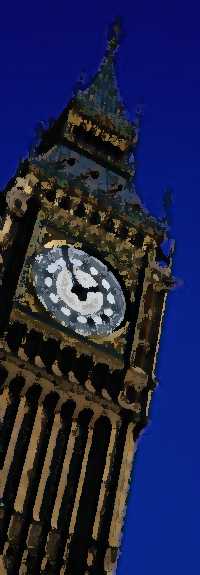|
Dickens' life had a great affect on the themes of his works. For example, his
sympathy for the victimized, his fascination with prisons and money, the desire to vindicate his heroes' status as gentlemen,
and the idea of London as an awesome, lively, and rather threatening environment all reflect the experiences he had during
his time on his own. Dickens incorporates autobiographical elements in their fiction very noticeably, particularly as he took
pains to cover up what he considered his shameful, lowly past.
For example, Dickens uses the conditions of working-class people
in many of his works, writing, “No advice, no counsel, no encouragement, no consolation, no support from anyone
that I can call to mind, so help me God!” (http://en.wikipedia.org/wiki/Charles_Dickens#Novels)
Poverty is also common in Dickens's novels. For instance, his own
family was sent to prison for poverty, and this is also seen in Marshalsea in Little Dorrit. Also, the scenes
from Bleek House of court cases and legal arguments could only come from someone who has experienced them firsthand.
Critics have said that Little Nell in The Old Curiosity Shop represents Dickens’s sister-in-law, while
Nicholas Nickleby's father and Wilkins Micawber were created in the mold of Dickens’s own father and the snobbish
nature of Pip from Great Expectations is similar to Dickens himself.
In Great Expectations, the theme remains constant that no matter
what happens to a person in their life, they cannot change who they are inside. This is demonstrated through Pip, the protagonist
of the story. For example, from the time he met Estella and Miss Havisham, Pip constantly tried to change himself to fit a
mold that he thought they would want. As time went on, Pip continued to get farther and farther away from where
he came from and in doing so, who he was. Through his story, the reader can see that this type of change brings him no joy,
and in fact makes him unhappy. People can relate to this story because everyone has, or will, go through the struggles
that Pip is battling.(http://www.online-literature.com/dickens/greatexpectations/)
|
